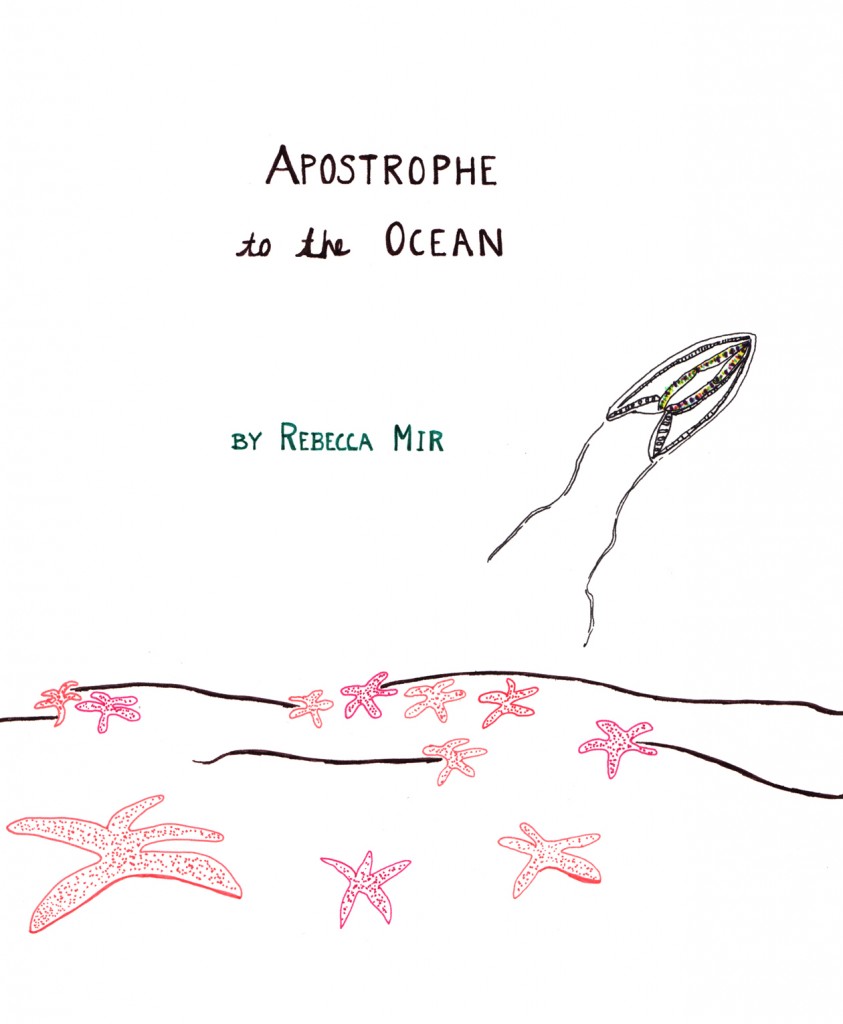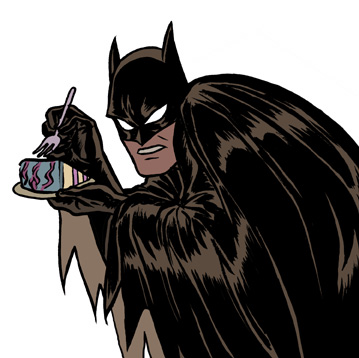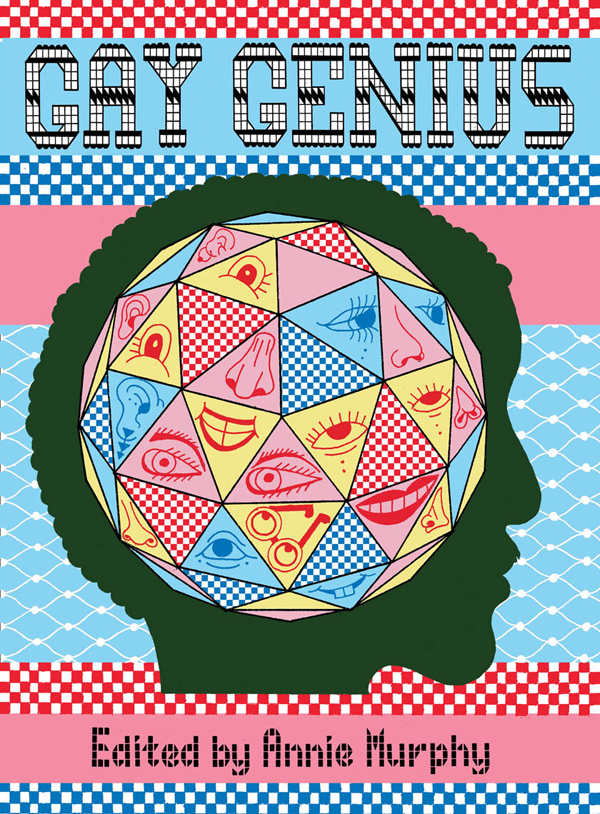Quoth Slavoj Zizek: “True art has nothing whatsoever to do with disgusting emotional exhibitionism.” The Slovenian philosopher-provocateur may have found much to dismiss at the Chicago Alternative Comics Expo (CAKE), where earnest expressions set off by poignant design choices were on proud display from wall to wall, presented with disarming and/or cloying plainspokenness. “And if 80 tables chocked full of the greatest comics being made today is not enough for you (jeesh, really?),” the press release exclaims, “our Slate of programming presents 14 events that range from conversation to presentation to demonstration to documentation.” Indeed, it was an enormous and well-programmed affair, and this urgently casual tone, while it reminds one of the new “aw, snap!” informality infiltrating internet commerce, is, I feel, forgivable.
Forgivable ultimately because, despite the forced lack of guile, there’s absolutely no misrepresentation. Chicago art-comics virtuosos were on hand, like Lille Carre, Grant Reynolds, Anya Davidson, Anders Nilsen, and Edie Fake, (a primary CAKE organizer), all of whom generate delicately crafted works that invest personal experiences with shimmering magical nostalgia. Local publication The Land Line, and the freeform comics-based collaborative (one might even say improvisational) endeavors Brain Frame and Trubble Club, were all broadcasting their effervescent brand of playful artistic interchange. And their compatriots from around the U.S. (and Canada, the CAKE promo reminds us, “woooooooooo”) echoed the same kind of jubilant communitarian introversion. From table to table, whether it was small publishers, identity-based projects, creative collectives, or individual creators (with plenty of gray areas in between), everyone was thoroughly congenial, sincerely happy to talk about their books, their art, or anything related to small-press comics or indie print culture. I made it to two panels– one on the Chicago comics scene, and one on queer comics anthologies, both of which were lighthearted, enthusiastic, and informative.
Zizek also said that “culture is the name of a belief which is no longer taken seriously.” While he rejects the notion that at any point there were more “authentic” forms of belief, it does seem reasonable to look at the massive production of “culture” today, especially in a grassroots milieu like comics, as the place where devotion can be focused, without the embarrassment of commitment (embarrassment being, for Zizek, the original source of culture). But the unfortunate formal shortcomings of some confessional artwork is compensated for in the collective act of goodwill required for a congregation of gifted reflective aesthetes to create a fun and memorable celebration of pleasant, occasionally provocative fantasies- right here in Chicago, an important center for independent comics and animation.
Illustration from Rebecca Mir’s Apostrophe in the Ocean, which debuted at CAKE.



